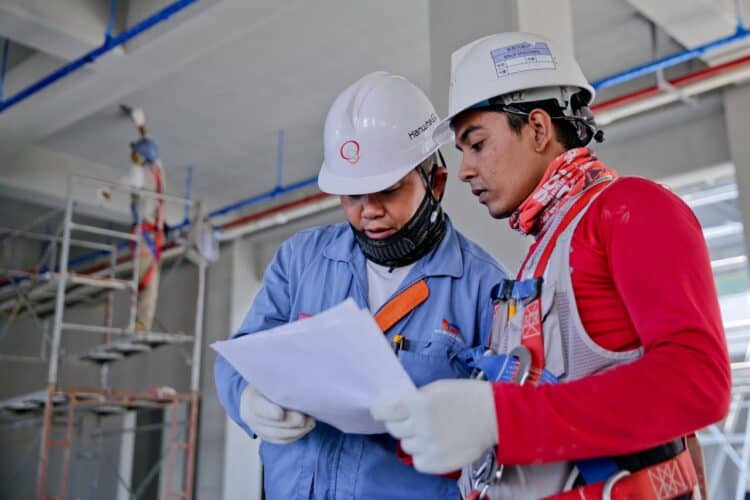Autodesk's "State of Digital Adoption in the Construction Industry" reveal that Singapore's construction sector is increasingly investing in technology.
In 2025, firms allocated 28% of their expenditure to new technological solutions, a significant rise from 21% the previous year. This trend underscores the sector's commitment to digitalisation amid growing pressures for efficiency and safety.
The report highlights that construction firms in Asia Pacific (APAC) are now using an average of 6.2 technologies, marking a 20% increase from 2024. In Singapore, the average is even higher at 7.3 technologies, indicating a robust appetite for innovation.
Notably, the proportion of businesses recognising technology as integral to their growth strategy has grown steadily, with 47% now identifying new technology as a key driver for project work.
Digital maturity correlates directly with improved project outcomes. Companies that embrace advanced technologies report delivering 1.5% more projects under budget and 1.1% more on time.

Source: Deloitte Access Economics based on construction and engineering business survey (2025).
Sample: 894
For a typical business with S$100 million in revenue, this translates to an estimated S$1.14 million in additional revenue growth and a 50% reduction in safety incidents.
Despite the apparent advantages, the construction industry remains fraught with challenges, particularly concerning safety. The Ministry of Manpower in Singapore reported over 800 safety violations at more than 300 construction sites during recent inspections.
The sector accounted for 20 out of 36 workplace fatalities, highlighting the urgent need for enhanced safety measures. The report suggests that firms with higher digital maturity experience fewer safety incidents; 41% of businesses employing multiple technologies noted a decrease in such incidents.
Government initiatives, including the Building and Construction Authority’s (BCA) Industry Transformation Map, play a crucial role in fostering this digital shift. These initiatives mandate the adoption of digital tools such as Building Information Modelling (BIM) and Integrated Digital Delivery (IDD), aimed at optimising costs and improving site safety.
However, barriers to further adoption persist. A significant 35% of firms cite uncertainty about the necessary technical skills as a major obstacle.
Nevertheless, the landscape is improving, with only 25% of businesses reporting skills gaps as a barrier in 2025, down from 55% in 2023. Proactive upskilling initiatives are underway, supported by government grants aimed at reducing the financial burden of technology adoption.
As Singapore's construction sector continues to embrace digital transformation, the focus on effective change management will be essential in unlocking the full potential of these investments.
By strategically aligning technology adoption with clear business objectives, construction firms can navigate the complexities of the industry while enhancing safety, efficiency, and overall performance.



